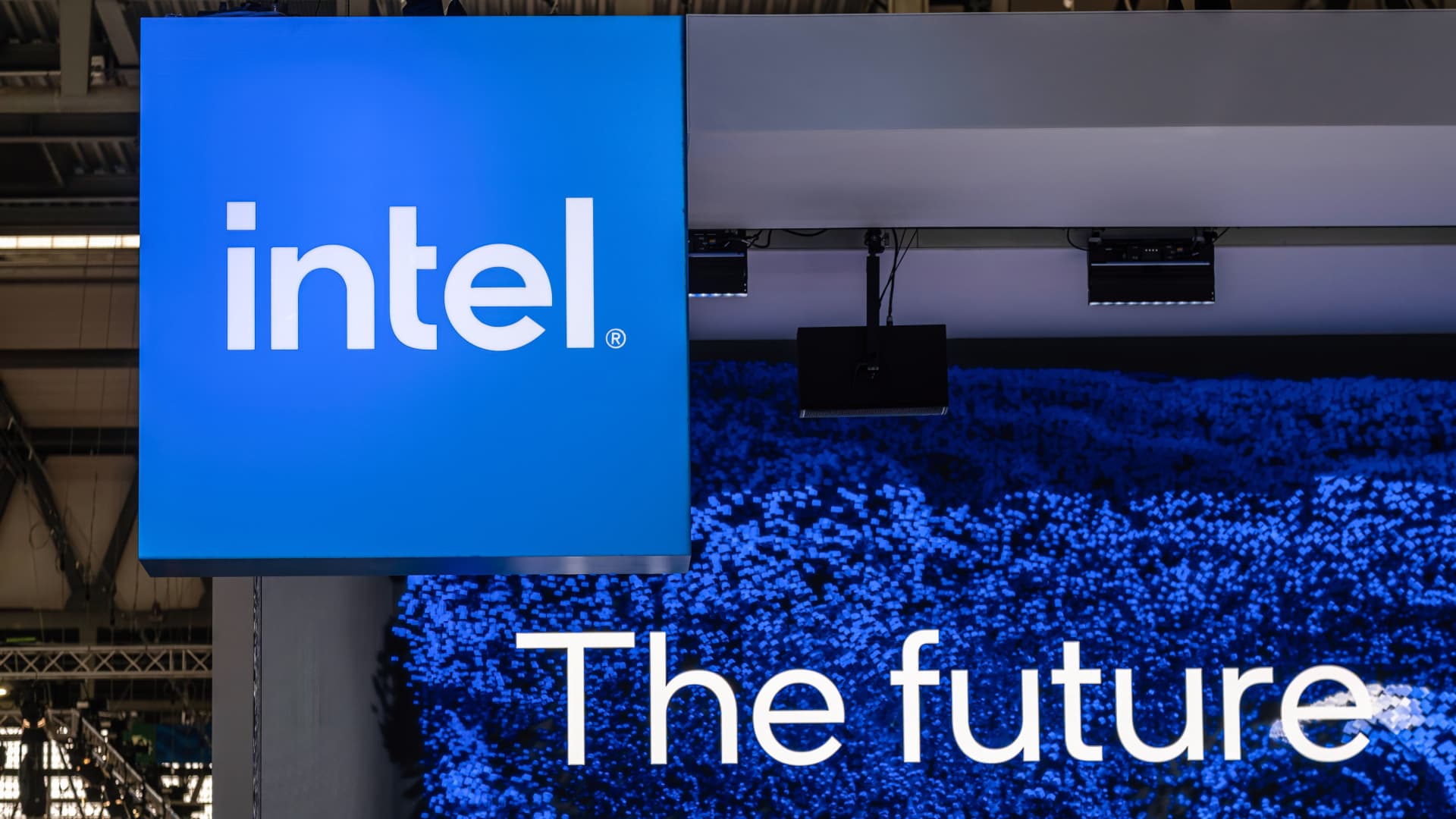One of the most devastating moments in American history took place on August 6 and August 9, 1945, with the bombings of Hiroshima and Nagasaki. Approximately three hundred thousand civilians, forty-three thousand soldiers, forty-five thousand Korean slave laborers, and over a thousand American citizens (including twenty-three prisoners of war) would die.
The pilots watched in horror. Tail gunner Bob Caron described the horrific annihilation as a “peep into hell.” Captain Paul Tibbets, remembered thinking, “My God, women and children are getting killed!” The radio broadcaster Abe Spitzer witnessed the bombing in the accompanying plane, and his description of the smoke covering Hiroshima is truly haunting. Dwight D. Eisenhower confessed that “never has the matter ceased troubling me.”
While there is no doubt the bombings were horrific, they have been justified as needed to bring the surrender of Japan. However, this is not the case.
The Japanese culture held surrendering as the weakest thing a man could do and dying in battle as the most honorable. Despite these values, it looked like surrender was their only chance. By the end of 1944, the Japanese navy had been decimated by the loss of a substantial number of battleships, aircraft carriers, submarines, cruisers, and destroyers. Food supplies were diminishing as rapidly as public morale.
“I regret to say that Japan’s defeat is inevitable,” said Prince Fumimaro Konoe to Emperor Hirohito in February 1945. One of his biggest concerns was that “a Communist revolution that might accompany defeat.” Henry Mace, who had visited the Pacific in the spring of 1945, saw how they were “ready to surrender.”
The reasoning for their apparent unwilling to surrender was their unwillingness to accept the terms of “unconditional surrender.” The term used by presidents Franklin D. Roosevelt and Harry S. Truman was surprising to leaders like British prime minister Winston Churchill.
For many Japanese, unconditional surrender suggested that their emperor would be tried as a war criminal and executed. That scenario was too much for them to contemplate. Due to the Japanese tradition of worshipping their emperors, the execution of the emperor would have been comparable to the crucifixion of Jesus Christ to Christians, according to Oliver Stone and historian Peter Kuznick in The Untold History of the United States.
Many in his cabinet urged Truman to soften his terms to get the Japanese to surrender. US officials had not failed to understand the intercepted Japanese coders’ emphatic willingness to surrender. There has been loads of evidence proving that Truman and the government knew the Japanese were ready to surrender. They presented this to Truman.
Truman listened to longtime friend James Byrnes, who urged him to change the terms of surrender to allow Japan to keep their emperor. Truman and Byrnes had a decade-long relationship, which had led to his becoming foreign policy advisor and secretary of state in 1945. Truman listened to him, as evidence has shown.
The main reasoning behind dropping the bomb was not just Byrnes’s influence, but also the deep hatred of the Japanese among the nation and Truman.
Historian John Dower has shown that Americans believed the Japanese were the equivalent to cockroaches, rattlesnakes, and rats. War correspondent Ernie Pyle noted that while Americans felt a hatred of our European enemies, they believed the Japanese were much more repulsive.
Anti-Japanese racism really began to pick up due to the Japanese victory over Russia in the Russo-Japanese War. In 1906, California forced Japanese descendants to be segregated in their schools. Other forms of racism were present in the Immigration Act of 1924, which severely restricted people from migrating to the United States, including Japanese immigrants. The Japanese invasion into China in 1937 made racism against the Japanese even worse with the deaths and war crimes.
Obviously, Japan’s actions and wanton cruelty were unjustifiable, but it does not justify racism toward Japanese people or the desire to bomb countless innocent Japanese civilians.
Weeks before the bombs were dropped, the US officials were informed again that the Japanese would surrender if the terms were conditional. That they recognized the signals emanating from Tokyo is unassailable. But Truman decided to interpret their message as meaning that unconditional surrender was the only obstacle to peace. Office of Strategic Services officials and future Central Intelligence Agency head Allen Dulles reported this information to Secretary Henry L. Stimson. Truman chose to ignore the pleas, wanting to deny Stalin promised territorial and economic concessions in Japan.
When Truman was informed of the successful bombings, he exclaimed, “This is the greatest thing in history!” He claimed his announcement of the bombing in Hiroshima was the happiest announcement he ever made. Quickly after this, the Soviets invaded Japan.
When Japanese leaders met on August 9, 1945, it had nothing to do with Hiroshima or Nagasaki but with the Soviet invasion. It has been reported that US officials believed a single atomic bombing was the equivalent of thousands of bombs being dropped. They could burn down the cities all they wanted to if the Soviets did not invade. Once the invasion was underway, the Soviet army’s remaining morale was completely wiped out.
In Tsuyoshi Hasegawa’s words, “The Soviet participation in the war had the most impact on Japan’s decision to surrender.” While the bombings may have increased the urgency of surrendering, the outcome of a Japanese surrender could have been achieved without the bombings.
This is worth mentioning again because of the ongoing conflict in Ukraine. President Joe Biden signed a version of an Obama administration policy that leaves the option of nuclear weapons on the table and modernizes the nuclear arsenal. Nuclear weapons can now be used in “extreme circumstances.” Biden has claimed that he will enact forceful responses against Russia in response to their attack.
The situation is all too similar to the 1945 moment, especially with the spike in anti-Russian sentiment: a country committed horrible atrocities against another country, the descendants of people from the aggressor country face racial prejudice, and in the heat of war, nuclear weapons have been brought up. In the case of Japan, they were used. While the United States has not used any nuclear weapons against Russia, the situation and the language being used are all too similar. It is worth mentioning that nuclear weapons were not necessary the first time, and I am willing to bet that nuclear weapons aren’t necessary this time either.















